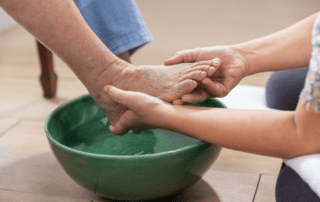The Power Of Mindfulness: Techniques To Reduce Stress
Mindfulness, an ancient practice gaining popularity, offers powerful stress reduction techniques. By being present in the moment without judgment, individuals can lower stress, improve focus, sleep quality, and emotional regulation. Techniques like deep breathing and meditation can be incorporated daily for enhanced well-being, benefiting individuals of all ages and promoting environmental conservation.









